By Kimberly Palmer
Sunday, January 22, 2006
A few months ago, after my husband and I started discussing the career vs. family balancing act that we see in our future, I quizzed my mother about the decisions she had made when she was starting out as a working woman and a mother. She shocked me when she said she had decided to sacrifice some of her professional ambitions for my two younger sisters and me. I had always thought of her as a total career woman and also a total mom — and that she had managed to do, er, everything. I have come to realize that she’d been able to hide the struggle from me because she had support not only from inside the family, but also because other educated women at the time were also trying to do both things.
It’s a small but telling example of a much broader issue. My friends and I, now in our late twenties, have begun performing the same balancing act as our mothers and even grandmothers — but without the staunchly careerist backdrop of a few years back. Not only have there been pendulum swings in feminist theory about where a woman’s rightful place is (in the office? or should she have the “choice” to stay home?); but I hear about younger women rejecting their mother’s decisions and favoring hearth and home over the office. Reacting to this apparent trend, Linda Hirshman recently documented in American Prospect magazine that highly educated women in their thirties and forties do, in fact, decide to stay at home with their children. They’ve even earned a name — the opt-out generation. Now I find a new magazine called Total 180! The Magazine for the Professional Woman Turned Stay-at-Home Mom.
I don’t want to criticize the three stay-at-home moms who founded the new magazine, but its very title, Total 180.
alarms me. Are we just dismantling the very real gains our mothers’ generation made to work both inside and outside the home?
When I talked with my mom, who has spent most of her career working part time on health policy at a nonprofit in Washington, she was surprised that I didn’t realize she had made sacrifices for her kids. Didn’t I remember all those times when I was sick and she stayed home with me? Yes, I did; and her attention had always seemed focused on bringing me ginger ale and saltines. Only now did I realize that her thoughts might have been wandering to the repercussions of missing work.
But I soon discovered that few of my girlfriends knew why their parents decided to have children when they did or how they balanced conflicting ambitions.
One told me that she was afraid to bring up the question with her mom, who had mostly stayed at home, because she thought the subject might be too painful. What if she learned that her mom wished she had been more focused on a career all those years?
Another, whose mother was a doctor, told me that the question made her uncomfortable: “From as early as I can remember, my mom made clear to me that having children was the biggest nuisance one could bring to one’s life as a woman. She tells me that when she would come home from her job, tired and exhausted from being with patients she would force herself to play with us.”
Yet another worried about being a disappointment: “In talking with my mom about the future, I could always sense that she would get nervous about me not wanting a family.
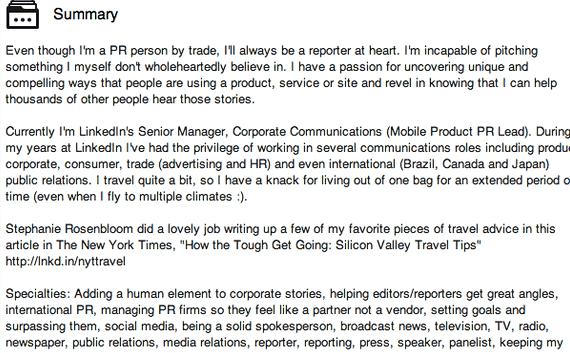
I think her worry is that I get too focused on career issues and forget about all the positives that come from having a family,” this married, 26-year-old economic consultant told me.
Mary Pipher, author of “Reviving Ophelia: Saving the Selves of Adolescent Girls,” thinks these kinds of discussions between mothers and daughters are vital in shaping a young woman’s approach to the vexing issues she will face as an adult woman in our society. When mothers talk about their own choices, she says, they “teach [their] children not what to think but how to think.” She says that “Mothers are often the best teachers for their daughters on matters of sex, love, relationships, work, childbearing, time management, wellness and spirituality.”
The value of mother-daughter communication when daughters are young seems widely recognized: A survey released last year by the Century Council, a nonprofit organization dedicated to fighting drunk driving and illegal drinking, showed a lack of communication between mothers and daughters on underage drinking. As a result, the council launched a Web site and is planning a blog to help spark conversations. Universities, including Northwestern and the University of Texas, offer mother-daughter programs for teenaged girls and their moms. But this emphasis on mother-daughter bonding seems to dwindle as we progress from our teens to our twenties.
Our moms, after all, have survived what the founders of Total 180! have fallen for: the all-or-nothing mentality that has been regaining strength in recent years. My mom tells stories about how she dealt with it. For example, when one boss left “See me” notes for her if she was five minutes late after delayed preschool openings, she sped up her search for a new job. She also says she and my dad think the fact that they both worked helped their marriage, because it let them both develop careers that gave them something to talk about — along with the children — at the end of the day.
My mother was backed by a philosophy that encouraged a woman to pursue a career and have a family if she wished to. I don’t think that a total 180 will ever be for me — going, as the magazine puts it, from briefcase to diaper bag. So I’m hoping for a switch back to the feminism of my mom’s generation, which says that you can keep both your job and your family — as long as you know which one takes priority when fever strikes.
Kimberly Palmer, a former Washington Post intern, is a reporter for Government Executive magazine.


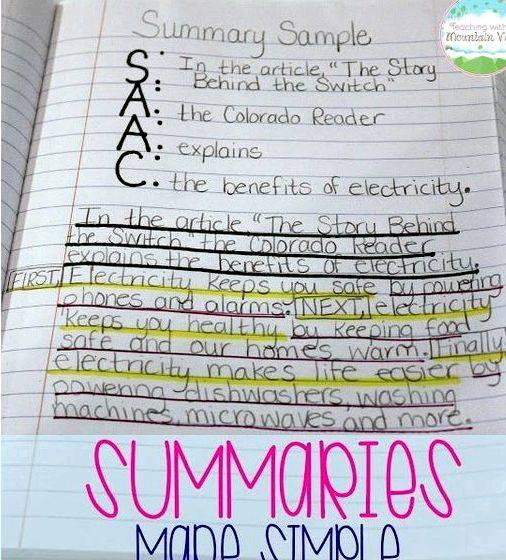


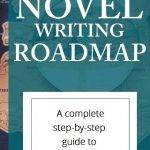 Writing your first novel plot ideas
Writing your first novel plot ideas Walter dean myers somewhere in the darkness summary writing
Walter dean myers somewhere in the darkness summary writing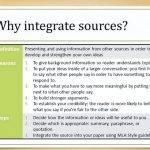 Incorporating sources into your own writing
Incorporating sources into your own writing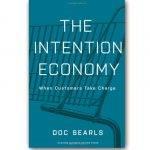 The intention economy summary writing
The intention economy summary writing In my stocking i found writing clues
In my stocking i found writing clues






